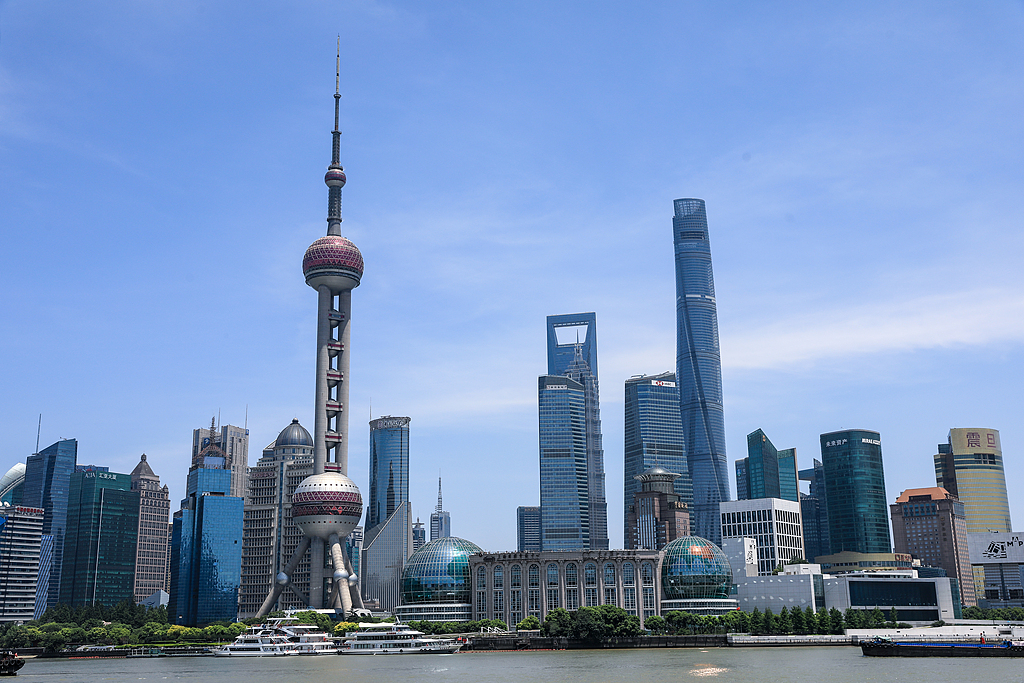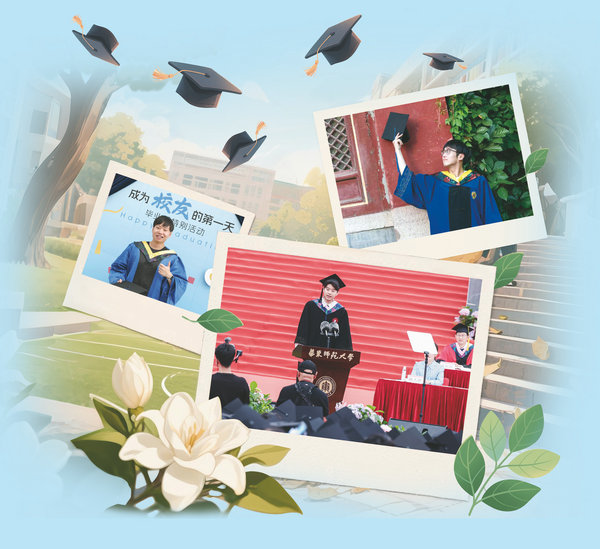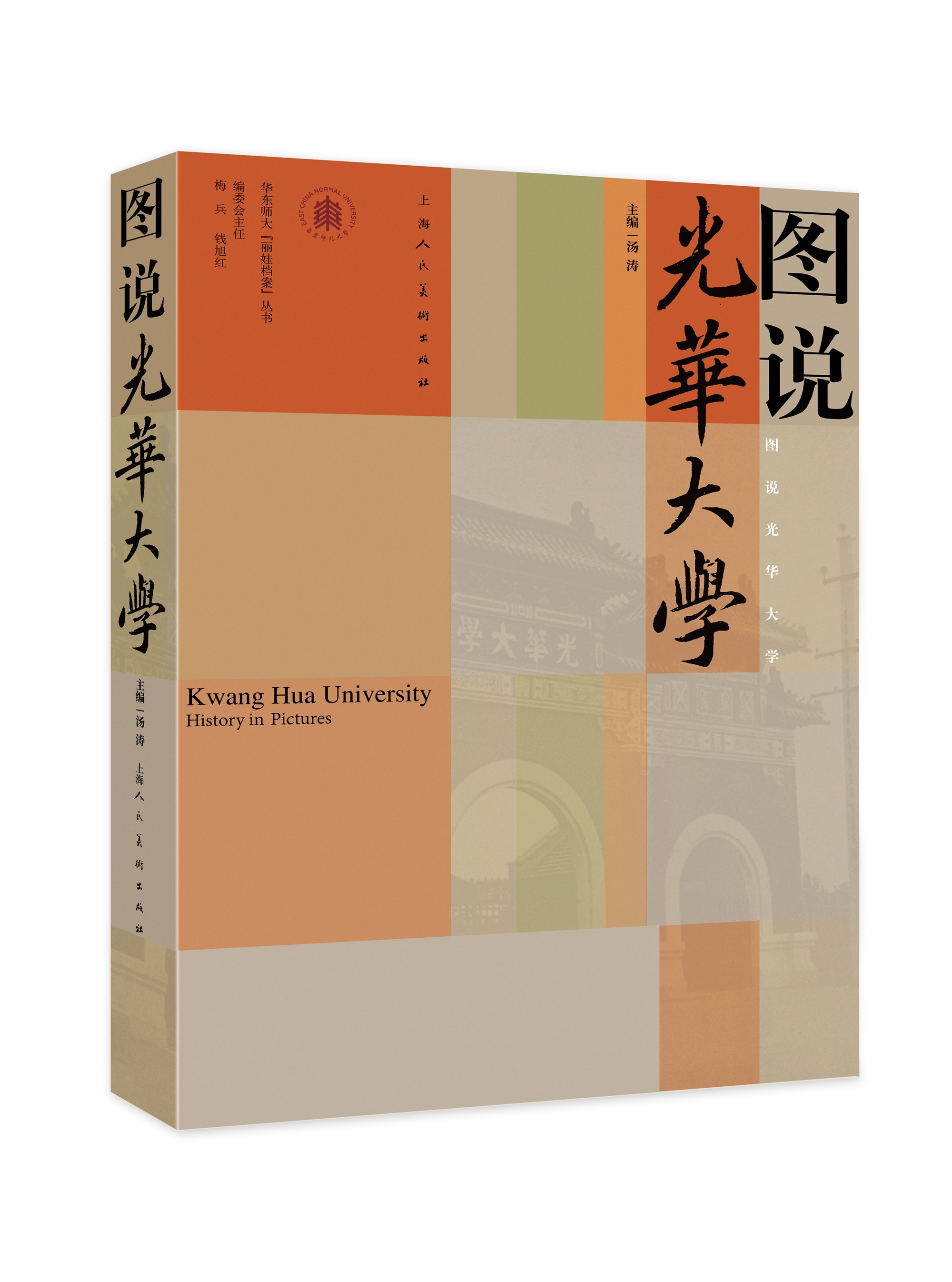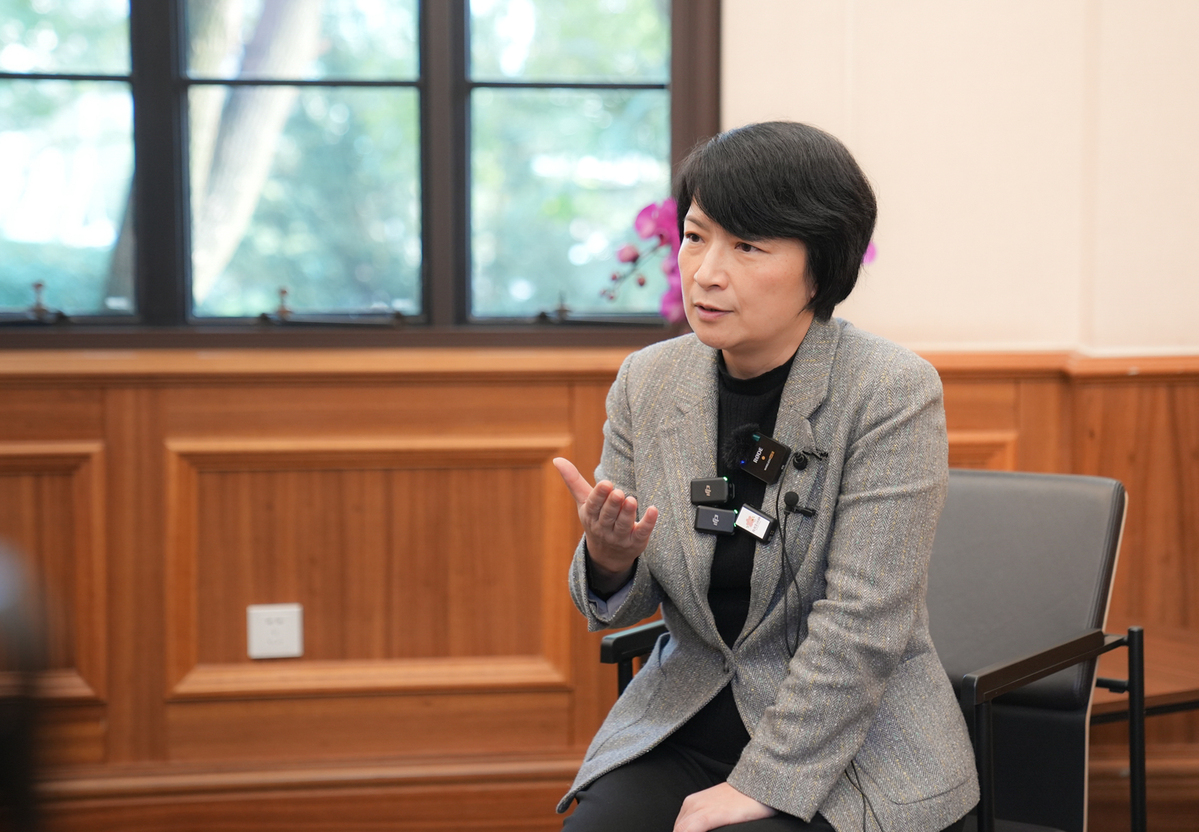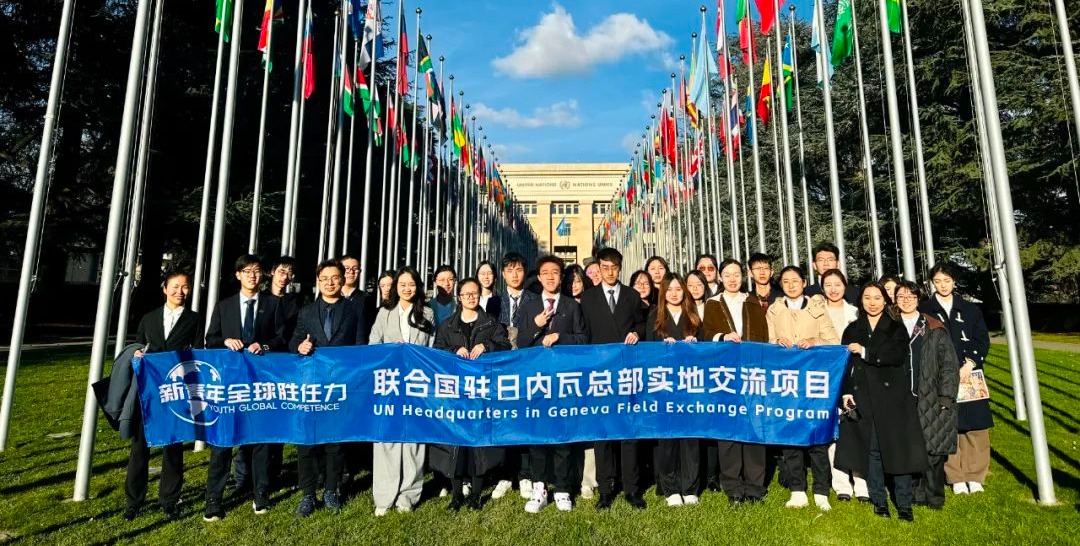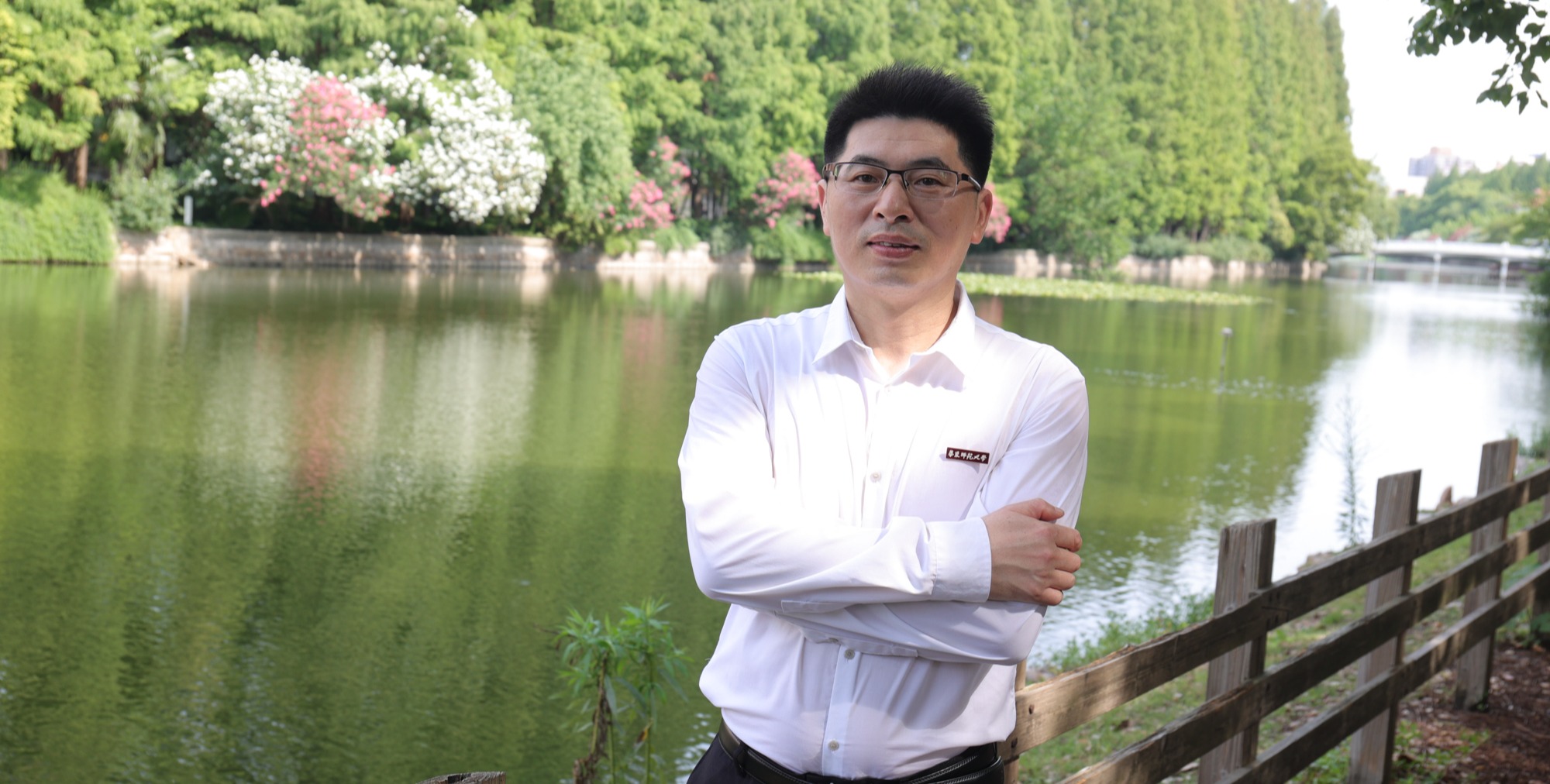# Hot Search #
Rivers sustain life, promote growth and connectivity. On Tuesday, the 2025 Asia-Europe Large River Regional Dialogue was held in Shanghai with the theme "Asia-Europe Large River Exchange and Cooperation," where global government officials, scholars and industry experts gathered to discuss transnational collaboration in multiple fields related to river basins and deltas.
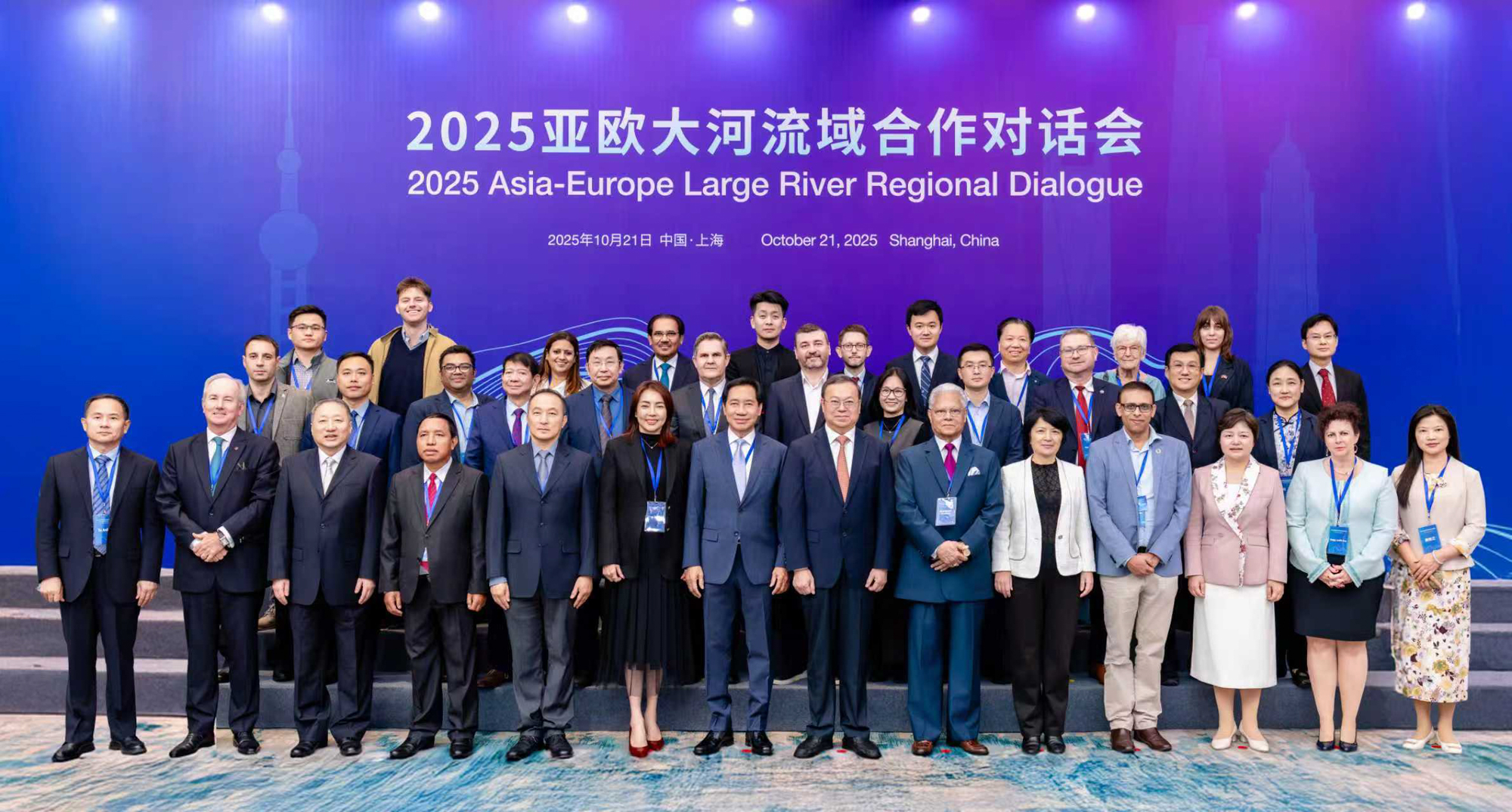
The rivers flowing on the Eurasian continent have long borne witness to landmark chapters in international exchange and cooperation, said Chen Jing, President of the Shanghai People's Association for Friendship with Foreign Countries, a co-host of the forum.
Using the waterways as a unifying bond, cooperation spanning trade and economic ties, cultural exchange, green initiatives, scientific research and youth engagement is expected to deepen further, making a positive contribution to the United Nations Sustainable Development Goals, Chen said in an opening speech he delivered at the forum.
The year of 2025 marks the 50th anniversary of diplomatic ties between China and the European Union, as well as the 10th anniversary of the Lancang-Mekong Cooperation. In the past years, cooperation centered on rivers has been a key topic in exchanges between China and these relevant regions, said Zhang Weiguo, a professor at the State Key Laboratory of Estuarine and Costal Research, an institute at the forum's co-host East China Normal University (ECNU).
In Europe, practices like coordinated upstream-downstream development and environmental monitoring in the Rhine and Danube basins are worth learning from for China's counterparts, and academic cooperation between China and EU members in these fields has been ongoing, Zhang told the Global Times during the forum.
In Asia, China and many of its neighbors, which share close geographic ties and transboundary rivers, have already collaborated - and can further collaborate - in areas such as the construction of artificial canals and ports, and ecological protection in the involving water areas of these projects, he added.
With rivers serving as bridges of friendship, cooperation between China and partner countries in recent years has gone beyond river governance and basin development, increasingly expanding into more diverse areas of people-to-people and cultural exchange, many attendees at Tuesday's forum told the Global Times.
Viengthong Hatsachanh, former mayor of Luang Prabang City of Laos, shared cases of exchanges in urban heritage protection, tourism and cultural creative industry between Shanghai and Luang Prabang in a keynoted speech he gave at the forum.
Situated in the Yangtze and Mekong river basins, respectively, Shanghai and Luang Prabang have forged a range of cooperation projects, particularly those engaging the younger generation, Hatsachanh told the Global Times, citing a China-Laos engineering college project in Shanghai, which was jointly built by Shanghai Institute of Technology and Luang Prabang-based Souphanouvong University since September 2024.
Similar exchanges among young people are also seen between Yangtze and Danube river basins, as Nagy Judit Eva, President of the Hungarian-Chinese Friendship Association, said she has witnessed many cooperative education projects among universities in these areas.
"There are lots of programs between these universities, either connected directly to the river culture, or [border areas such as] biology, medicine and biotechnology," Eva told the Global Times at the forum. These programs have drawn growing numbers of students from both China and Hungary to study in each other's nations, learn about one another's cultures and forge people-to-people ties, she said.
Including the Yangtze, river basins across Asia and Europe are home to dense populations, and have long been cradles of urban development and civilization, said a keynote speaker of the forum Zeng Gang, Dean of the Institute of Urban Development, ECNU.

"Promoting cooperation on rivers and basins, and encouraging mutual learning among countries, is a vital component of achieving global green development, and a vivid embodiment of building a community with a shared future for mankind," Zeng told the Global Times.
Editor: Wicky
